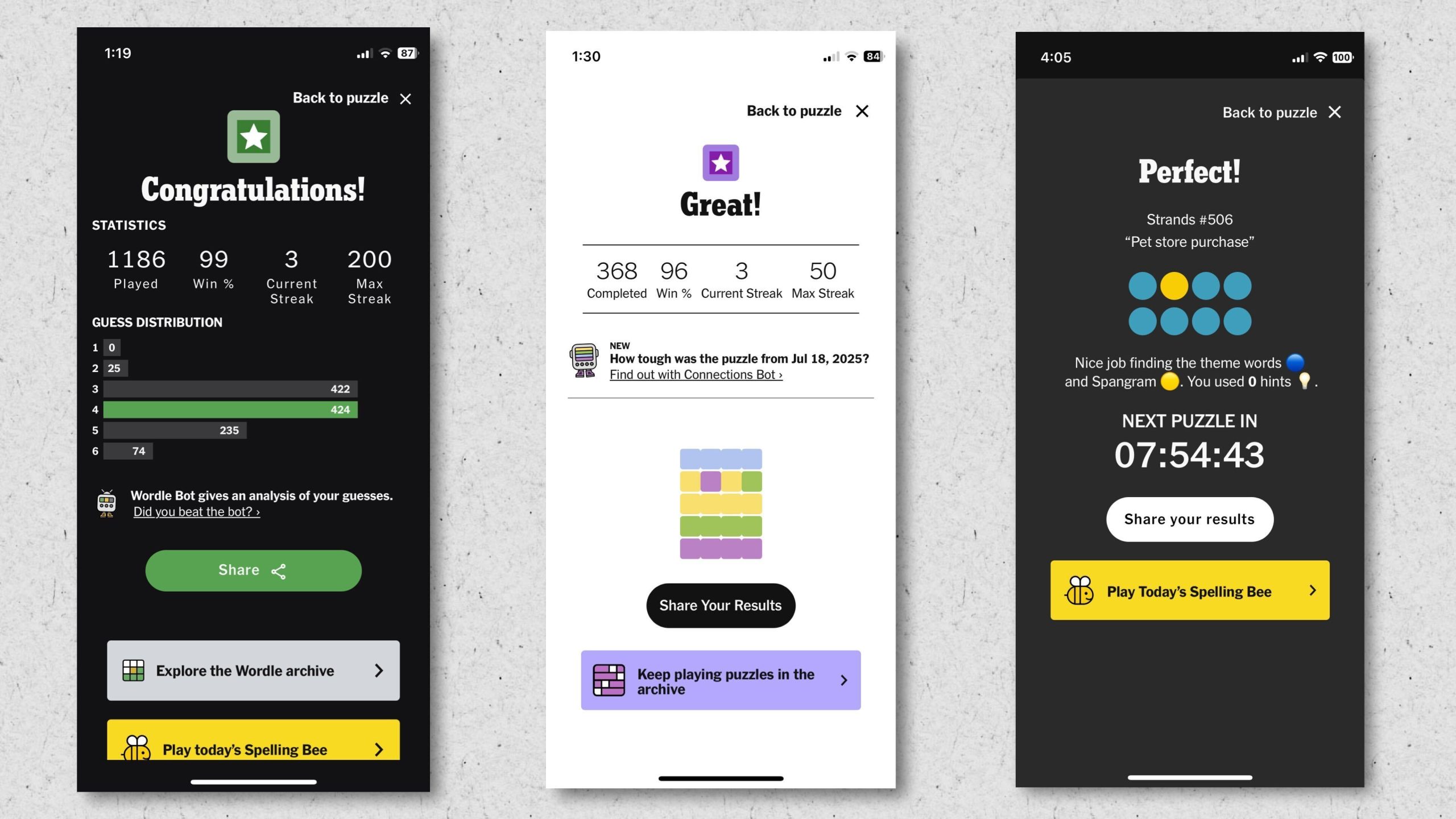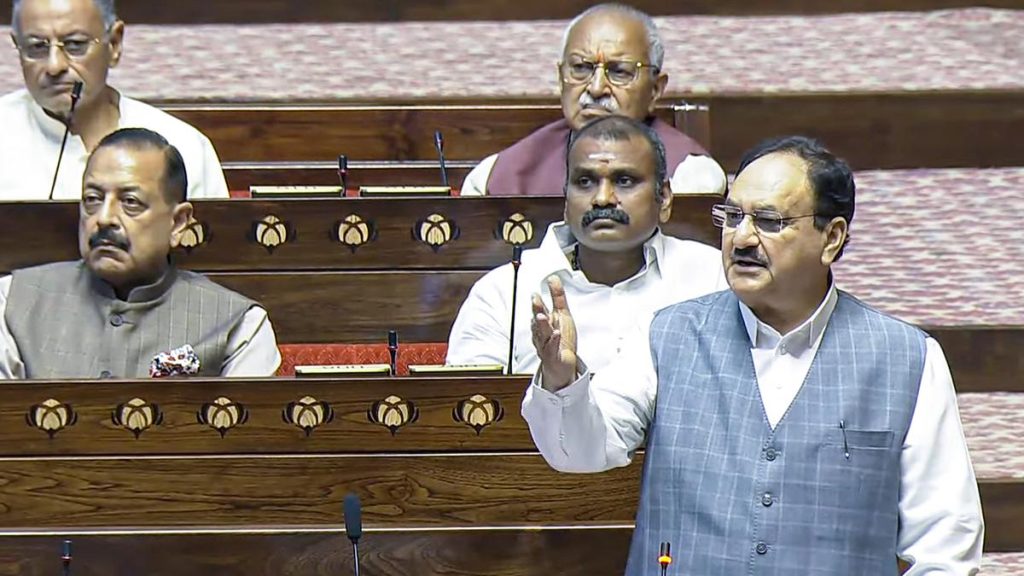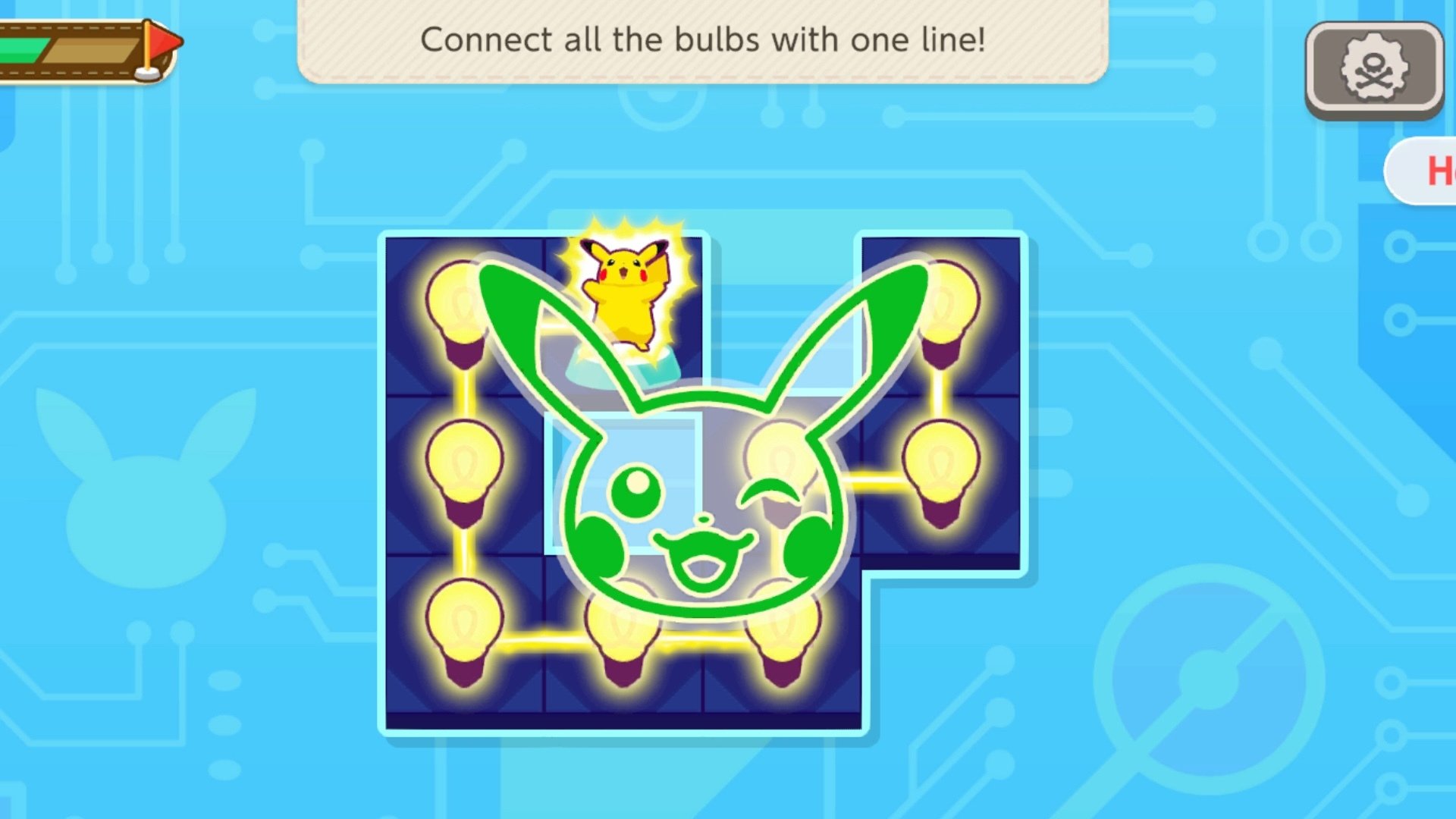Now Reading: Wordle, Connections, Strands: Comparing Gameplay Styles to Find Your Favorite
-
01
Wordle, Connections, Strands: Comparing Gameplay Styles to Find Your Favorite
Wordle, Connections, Strands: Comparing Gameplay Styles to Find Your Favorite

Fast Summary
- Teh article reviews three word games by the New York Times: Wordle, Connections, and Strands.
- Wordle:
– Players guess one word based on green/yellow squares for feedback.
– Requires strategic thinking, knowledge of common letter patterns, and spelling skills.
– Time commitment: Usually under a minute; difficult puzzles may take longer.
– Frustration factor: Medium; guessing outcomes can vary based on luck and strategy.
– Includes archives and analytics tools for subscribers.
- Connections:
– Players group sixteen words into four categories based on relationships or themes.
– Requires vocabulary knowledge, pop culture familiarity, attention to details, and outside-the-box thinking.
– Time commitment: Varies between a few minutes for easier puzzles to more extended periods for tough ones.- Frustration factor: High due to red herrings and tricky wordplays.
– Offers an archive of past puzzles for NYT subscribers.
- Strands:
– A themed word search game where free hints aid players in finding specific words despite scrambled letters.
– Success relies on recognizing words out-of-order, spelling accuracy, quick grasp of themes, and vocabulary proficiency.
– Time commitment is low (2-5 minutes), with frustrating moments minimal unless obscure phrases are involved.
indian Opinion Analysis
The increasing popularity of these digital games underscores the growing role of casual brain-training activities in modern entertainment lifestyles. For India-a country with an astounding diversity in linguistic traditions-such global endeavors may resonate deeply among urban gamers but might require tailored inclusivity measures beyond conventional English coverage should regionalized launches evolve.-
Further gamered Read hear Info :% “[ known
























